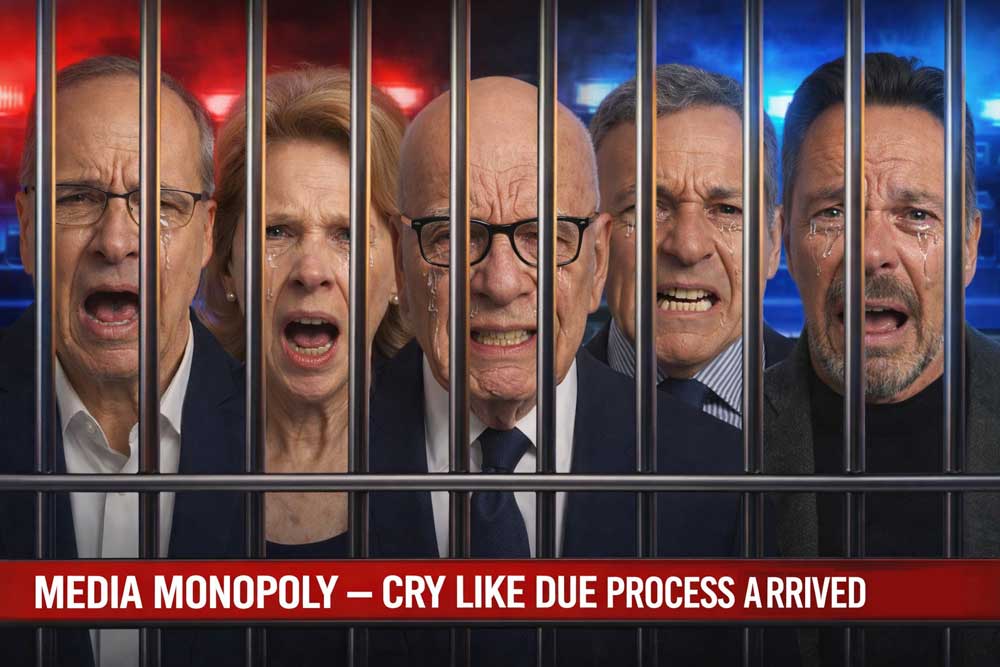NEW ORLEANS — Known for its vibrant culture and rich history, New Orleans is facing a new chapter as it prepares to host the Trump administration’s extensive immigration crackdown, dubbed 'Swamp Sweep.' This series of federal actions is set to begin December 1, targeting immigration violations in a city with deep-rooted immigrant communities.
Under Governor Jeff Landry's support, New Orleans is expecting a surge of up to 250 federal Border Patrol agents. Landry has prioritized alignment with federal immigration efforts, exemplified by recent legal challenges and new legislation. As local police effectively exit a longstanding federal oversight agreement, they may increasingly participate in federal immigration enforcement, raising alarms among immigrant rights advocates and local leaders.
Governor Landry's aggressive immigration stance comes amid Louisiana’s significant role as a detention hub, with facilities capable of housing thousands. However, Democratic officials in New Orleans are apprehensive, fearing a rise in civil rights violations and strained community relations. Mayor-elect Helena Moreno highlighted widespread fear in the city, emphasizing the necessity of informing residents about their rights amid looming federal actions.
Critics of the operation, like Rachel Taber from Union Migrante, argue that the increased presence of federal agents will damage community dynamics and threaten the labor force essential for sustaining the local economy, particularly in sectors dependent on immigrant workers.
The backdrop of this immigration crackdown includes conflicting policies between state and local authorities, as state legislation has penalized municipalities perceived as obstructing federal enforcement. As New Orleans prepares for the upcoming operation, the tension between local governance and federal directives continues to mount, bringing uncertainty to a diverse city shaped by immigrant contributions.
Under Governor Jeff Landry's support, New Orleans is expecting a surge of up to 250 federal Border Patrol agents. Landry has prioritized alignment with federal immigration efforts, exemplified by recent legal challenges and new legislation. As local police effectively exit a longstanding federal oversight agreement, they may increasingly participate in federal immigration enforcement, raising alarms among immigrant rights advocates and local leaders.
Governor Landry's aggressive immigration stance comes amid Louisiana’s significant role as a detention hub, with facilities capable of housing thousands. However, Democratic officials in New Orleans are apprehensive, fearing a rise in civil rights violations and strained community relations. Mayor-elect Helena Moreno highlighted widespread fear in the city, emphasizing the necessity of informing residents about their rights amid looming federal actions.
Critics of the operation, like Rachel Taber from Union Migrante, argue that the increased presence of federal agents will damage community dynamics and threaten the labor force essential for sustaining the local economy, particularly in sectors dependent on immigrant workers.
The backdrop of this immigration crackdown includes conflicting policies between state and local authorities, as state legislation has penalized municipalities perceived as obstructing federal enforcement. As New Orleans prepares for the upcoming operation, the tension between local governance and federal directives continues to mount, bringing uncertainty to a diverse city shaped by immigrant contributions.























